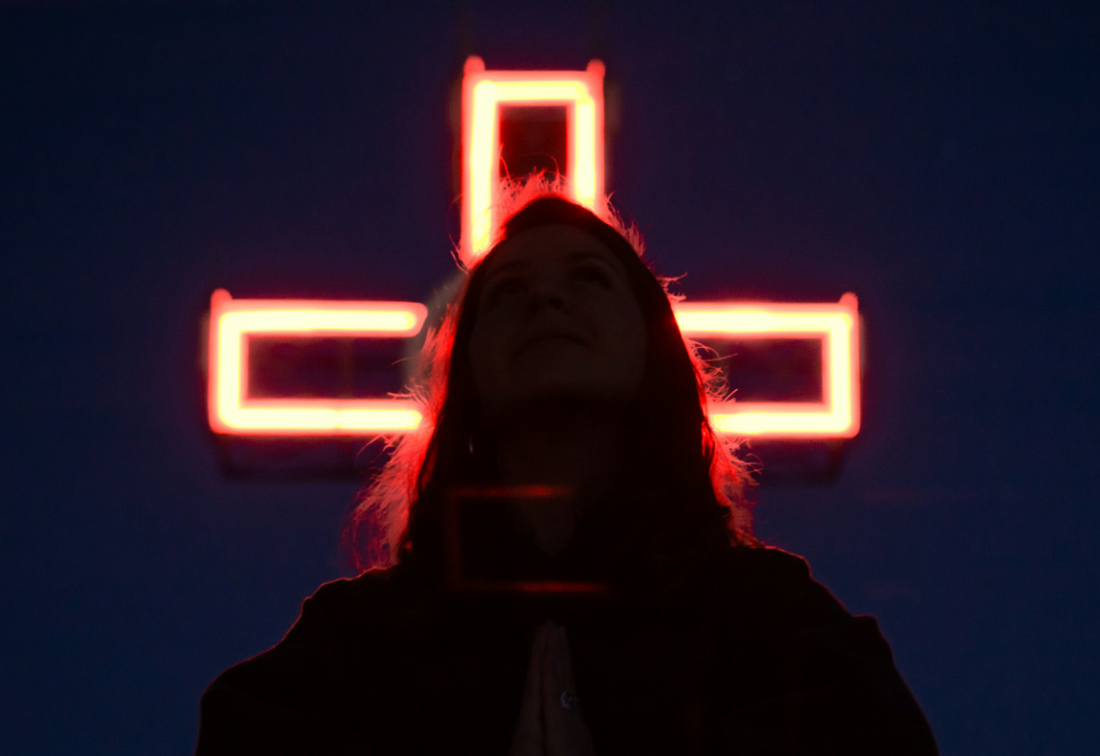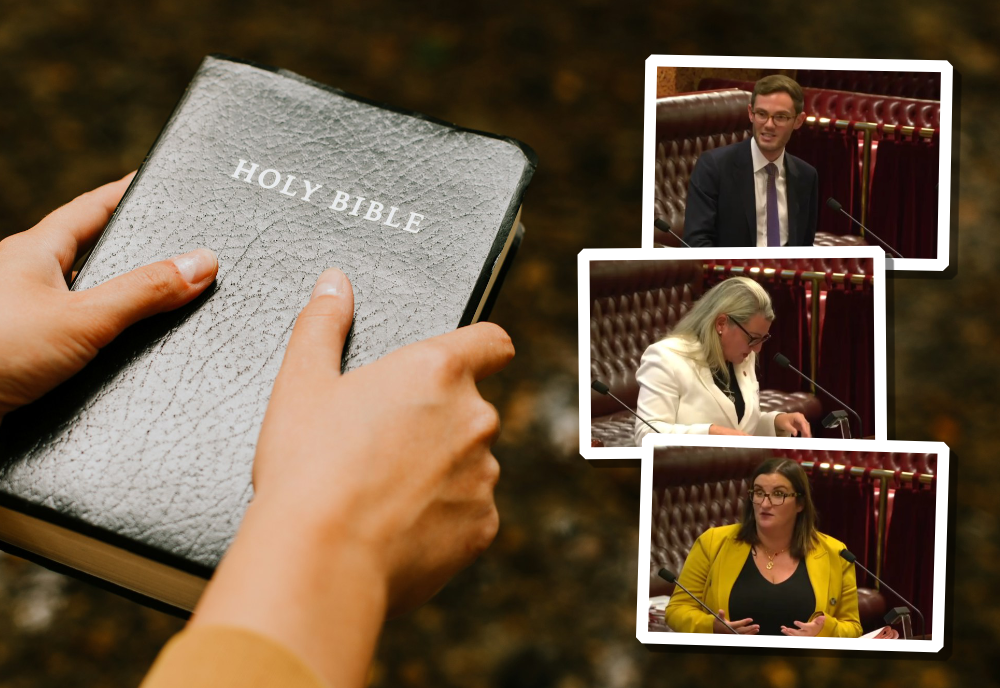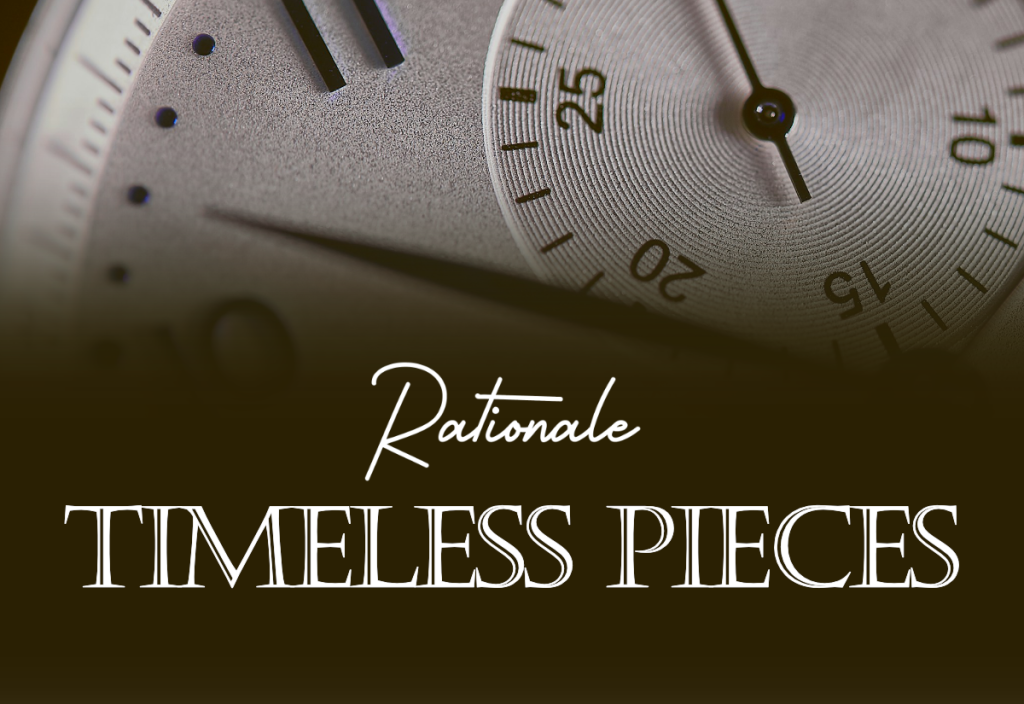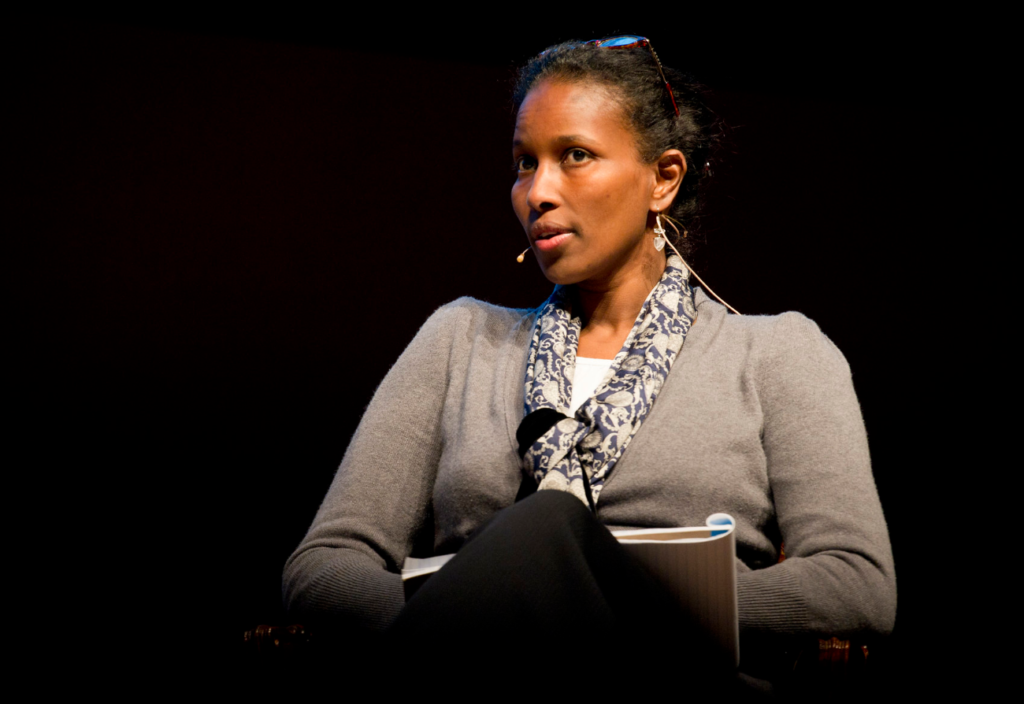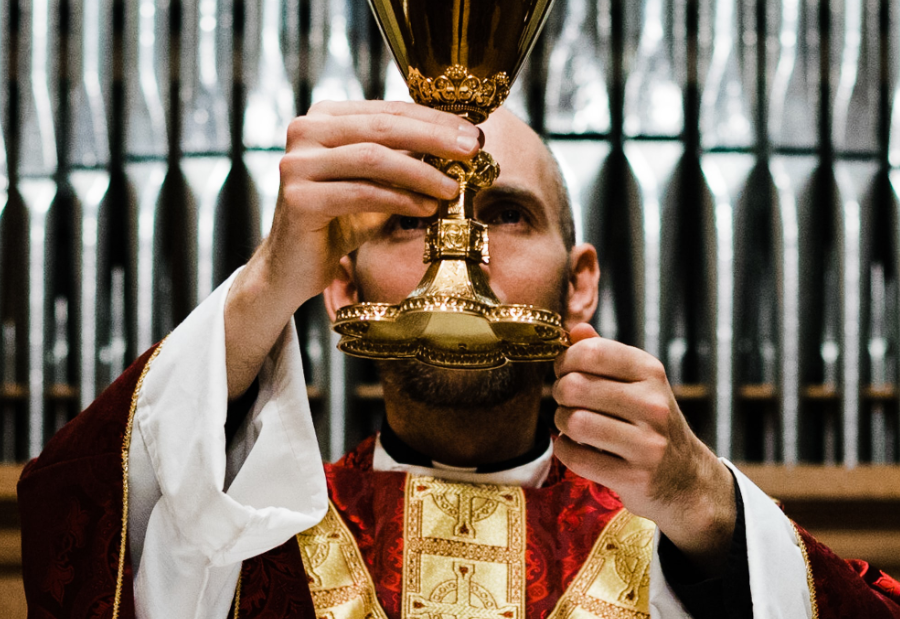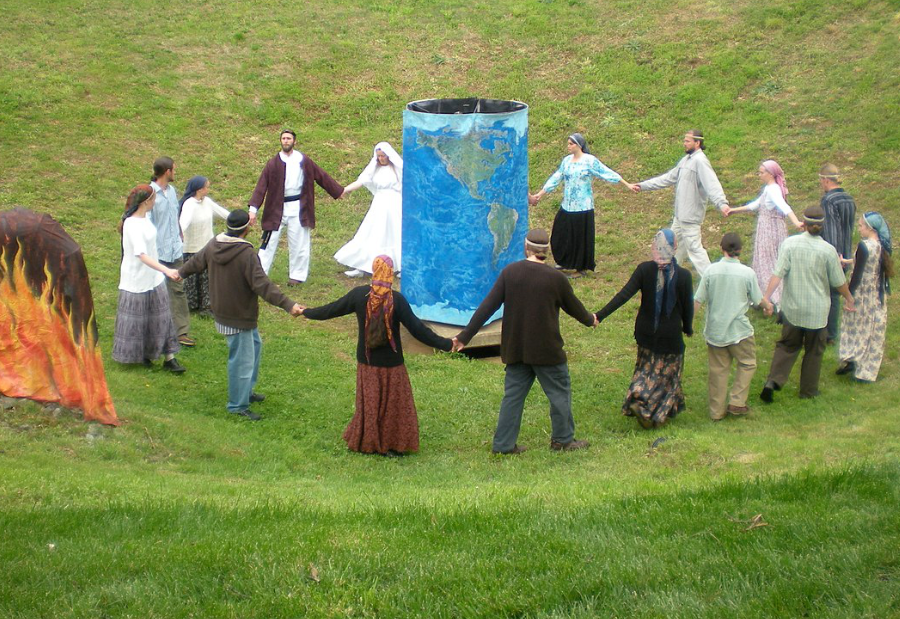Of all the difficult issues parliamentary inquiries have sought to gain insight into, the Victorian Parliament’s examination of recruitment methods and the damage caused by cults and fringe groups may go down in history as one of the most complex.
Cults and fringe groups not only frequently hide behind the opaque veil of ‘religious freedom’ but also are often nebulous organisations with no registrations, lines of accountability, policy, procedure or other means for victims to gain recourse.
Here, in this mire, abuses can thrive as external family and friends are isolated from vulnerable cult members through an “us versus them” persecution complex that beds down cult control.
The inquiry, being conducted by the Legislative Assembly’s Legal and Social Issues Committee, seeks to understand the damage, behaviours, and deceptive recruitment methods of cults in the hope that meaningful public policy can be crafted. I suggest a more complicated question may never have been asked.
Only in cults and fringe groups do these four issues combine: a central charismatic leader (alive or deceased) who commands excessive devotion and obedience; a transcendent belief system thought to be the one ultimate truth; systems of influence with which indoctrination and mind control is achieved; and systems of control that keep members compliant and entrapped.
When you throw in money, sex, and power – the unholy trinity of cult conformity – you often get a potent recipe for profound damage.
But, of course, not all cults are religious, and not all religions are cults. This is not an issue of infringing on a person’s inherent right to spirituality. On this, the committee was clear: this is not an issue of belief, but it is an issue of behaviour.
Cults can also be philosophical, political, business-related, influencer-related, or even multi-level marketing to name a few. In an age where everyone with an internet connection can craft a message, and one where multiple socio-political and economic conditions are just right for fringe groups to pounce and offer “the answer” to uncomfortable questions, figuring out how to prevent cults and hold their perpetrators accountable is vitally important.
The inquiry creates an interesting picture in terms of crafting legislative solutions. Going into the inquiry, it was generally understood that issues pertaining to coercive control may be applicable. What was less readily understood is that the other two areas of law that may apply here are modern slavery and organised crime.
Arguably, there is no better place to attempt this than Victoria. Just four years ago, the state Labor government handed down new laws that are widely regarded as the gold standard in their field. The Change or Suppression (Conversion) Practices Prohibition Act 2021 was the first to adequately describe “LGBTQ+ conversion therapy” as a suite of practices and not just a quasi-therapeutic approach that reaped only harm.
The conversion practices laws recognised the multifactorial aspects of this singularly harmful experience and left no provision for consent. Foundational to this – and arguably to any forthcoming cult reform – was recognition that meaningful consent cannot be given where coercion or deception form the basis of the engagement.
Also, the Change or Suppression (Conversion) Practices Prohibition Act created a proportional response scheme that allowed education to be a significant part of the policy, with civil remedies for serious or systemic conduct, and with criminal charges reserved for cases in which harm had occurred. This allowed prevention to be a major focus of the policy.
Yes, it garnered the usual pearl-clutching and cries of ‘religious freedom’. But, as MP Danny O’Brien stated during the debate: “Religious freedom should not be the freedom to abuse.”
The same logic can be applied to cults and fringe groups. There are, of course, a myriad of non-religious cults. But religion should not be the freedom to abuse. Moreover, healthy churches and religious organisations should want to know where the abusers are so they can stamp out abusive and illegal behaviours.
While we would all hope that such practices would not occur in bona fide or mainstream groups, we also know that fringe sects exist (such as the Catholic offshoot Opus Dei) and that behaviours morph over time. We also know that, as scandal after scandal breaks in religious organisations, they have their own monsters to hunt.
The mood is right for meaningful change
In recent years, the Hannah Clarke Foundation (based in Queensland) has lobbied for coercive control laws to be applied to intimate partner relationships. In June, their efforts culminated in the passage of a new law in Queensland.
In February, the untimely death of Elisabeth Struhs hit the headlines. She was a 12-year-old member of a cult that did not believe in medical intervention but rather faith healing. She died of diabetic ketoacidosis when insulin was withheld.
In the landmark case, her parents and all adult members of the sect were found guilty of manslaughter. As cult advocates raised concerns over this profound example of how children are often subjected to multiple kinds of harm and neglect in cults, without a single protective adult around them able to cut through and offer help, the Geelong Revival Centre story hit the headlines.
Here, the practices of a church that had been active since the 1950s were exposed, with harms to children and vulnerable people occurring alongside extreme limitations to the relationships, actions and choices of members and the life-altering damages of shunning.
These three issues, combined with Victoria’s history of courageous lawmaking, create a perfect storm for change. But it is not without its challenges.
First and foremost among these is timing. The inquiry’s recommendations will be handed down in September 2026, one month before the government goes into caretaker period for the state election. The government will have six months to respond.
Second is this: Victoria cannot copy and paste its recommendations or policy solutions from any other jurisdiction. The only law currently in existence around cults is a new French law that concentrates on psychological subjection. It was passed despite significant opposition and moves for punitive measures rather than preventative ones. It also rests on a person’s impaired judgment as an element of the law.
This means that a person has to be vulnerable for psychological subjection to be proven. What cult survivors know is this: the process of recruitment, indoctrination, and control makes us vulnerable.
Then, when we get to the substance of the recommendations, we need something actionable, meaningful, preventative, graduated and punitive that upholds a person’s right to freedom of religion as well as their right to, well, freedom.
It’s complex, but it can be done. With the can-of-trauma worms now open, it is inexcusable for the government not to follow through.
Survivor advocates know what they want
The launch of this inquiry has triggered collaboration among numerous advocates in this space and has spurred the creation of the Victorian Cult Survivors Network. This group is in addition to a work group comprising members of Stop Religious Coercion Australia (SRCA), Survivors of Coercive Cults and High-Control Groups (SOCCHG), plus individual anti-cult advocates with an interest in this space.
In banding together, the groups are focusing on advocating for meaningful survivor-led law reform rather than surface-level announceables that fail to stamp out harm. This needs to be about behaviours, not beliefs.
Prior efforts at regulating cults have often fallen short due to recommendations regarding labelling and listing cults, as well as demanding their transparency. This approach would infringe on constitutional law that upholds freedom of religion and association, and ignore the fact that cults are good at evading accountability and classification. False fronts are core to their behaviour.
Religion should be free, but safe. And not all cults are religious. With this said, a crime against a person should be a crime against a person, no matter where it occurs.
The SRCA and SOCCHG workgroup is advocating for an approach that recognises patterns of coercive behaviour in a group context and allows for education and preventative approaches, alongside graduated civil and criminal recourse.
It is our hope that the policy resulting from this inquiry will be a bill that recognises the victim-to-perpetrator continuum, and adequately centres cult leaders – not just their enforcers – in holding them accountable.
We realise that the international anti-cult community is watching on as Victoria grapples with this issue, and it is our hope that meaningful change can be achieved. It’s a long process, and an inquiry is a fact-finding exercise, not a guarantee of change.
Despite the good intention of the government, it is likely to be a political grenade in an election in which coalition parties plagued by cult infiltration allegations – including groups such as the Plymouth Brethren, the Mormons and City Builders Church – attempt to wrestle back government from a long-entrenched Labor Party.
Still, the pin has been pulled out and survivor advocates have banded together. We are at the table now and we don’t intend to settle for crumbs.
Submissions to committee inquiry are due by 31 July 2025. See the inquiry website for more information.
Published 1 July 2025.
If you wish to republish this original article, please attribute to Rationale. Click here to find out more about republishing under Creative Commons.
Photo by Adrien on Unsplash.

